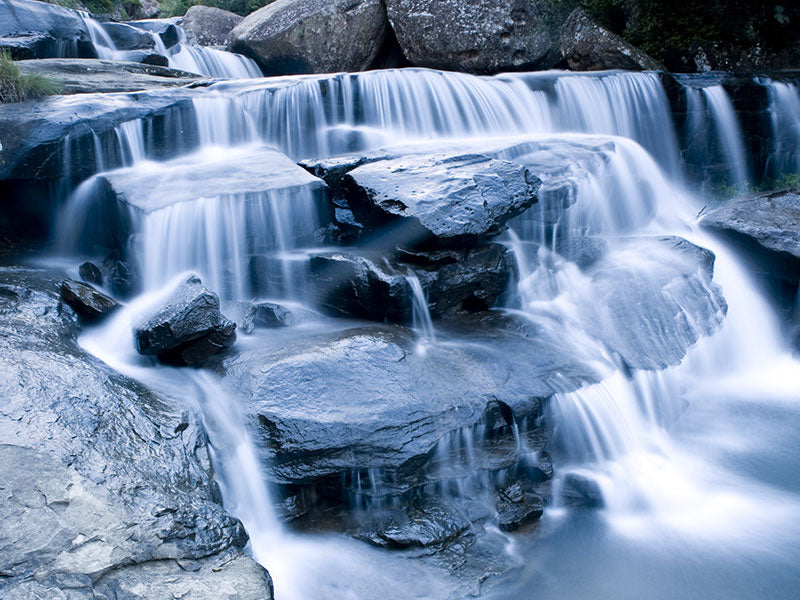Filtration vs Purification
All About FiltersWhy Filter Water?
Our filtration systems are an environmentally friendly and economical alternative for healthy, great tasting water. Our carbon filtration method uses water pressure to force the water through an activated carbon filter, removing microorganisms, odour, and contaminants such as chlorine, helping to retain minerals, and expel the nasties.
Why Purify Water?
The reverse osmosis purification process occurs when the water pressure on the outside of the membrane is greater than the pressure within it, forcing the water inside passing through the tiny pores of the membrane, eliminating microorganisms, odour, chlorine and total dissolved solids (TDS) such as nitrates, sodium and fluoride.
Our reverse osmosis systems are specifically designed for Australian water and are economical and easy to use with no complicated features.
The Difference
The difference between reverse osmosis and carbon filtration is the presence of the high quality membrane.
Reverse osmosis membranes typically filter down to 0.0001 of a micron and are therefore fine enough to remove most viruses, bacteria and parasites. They also remove TDS, heavy metals and most heavy molecule chemicals like fluoride, herbicides and pesticides.
Activated carbon filtration is most effective at removing or reducing impurities and contaminants such as chlorine, sediment, volatile organic compounds, poor taste and odour from water.
Read Next
Unlike standard carbon cartridge water filtration, during the intense reverse osmosis water purification process water is pushed through an ultra-fine, technologically advanced membrane, to remove......
Disinfectants In Australia, before water reaches the taps in our homes, varying processes of disinfection suited to the water quality in that area, are carried......
Relief from acid reflux A 2012 study1 was found that drinking alkaline water with a pH of 8.8 may have therapeutic benefits for patients with......


